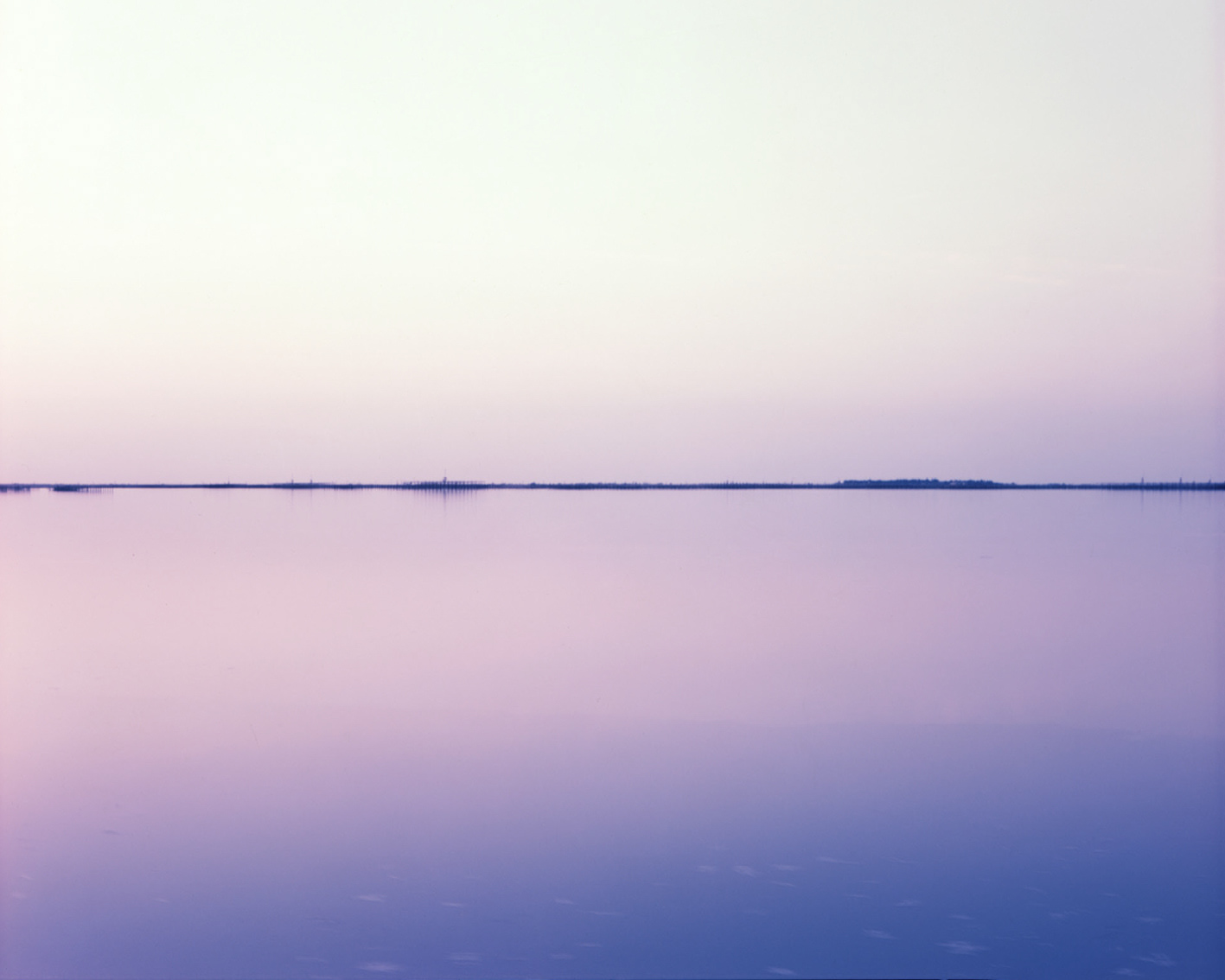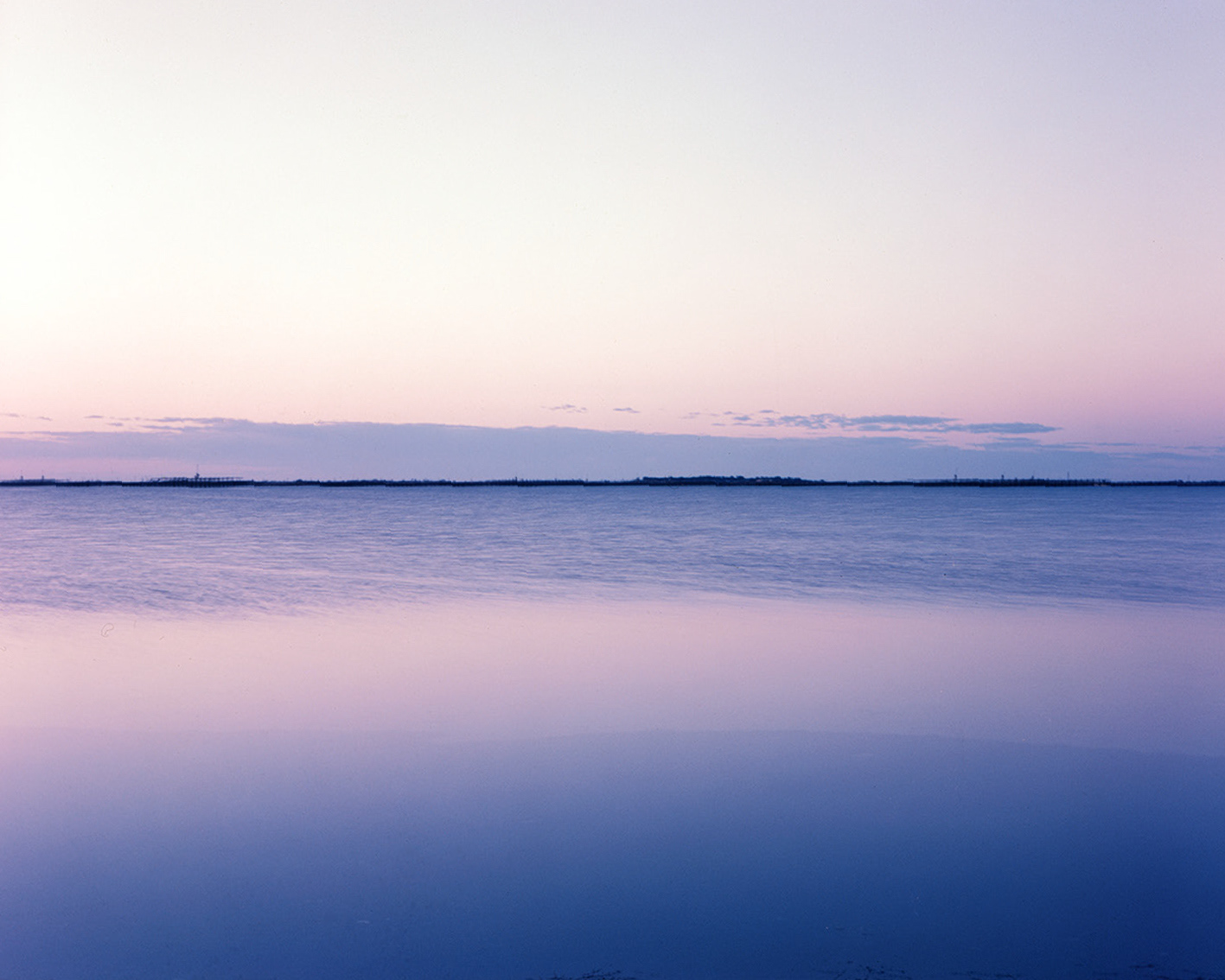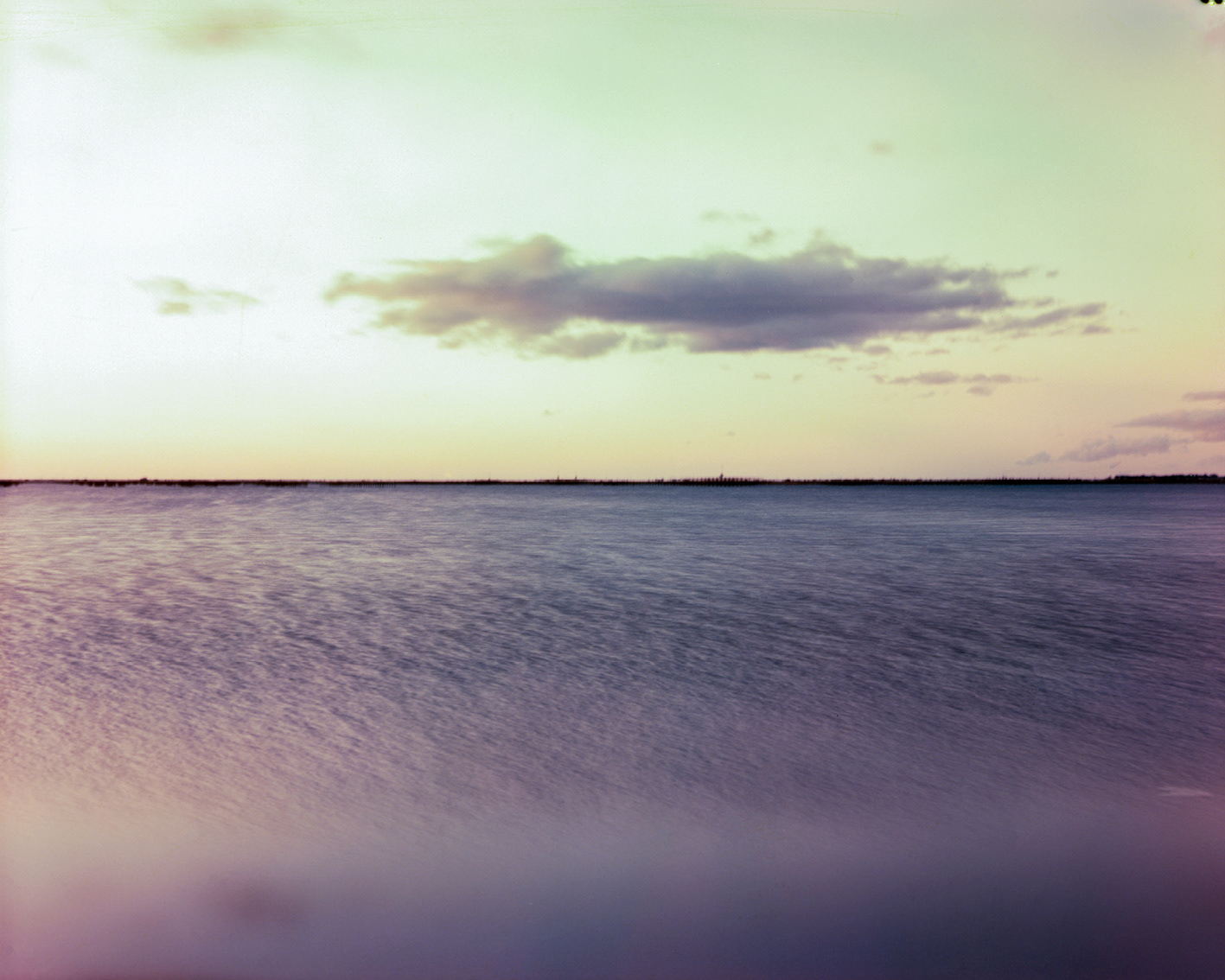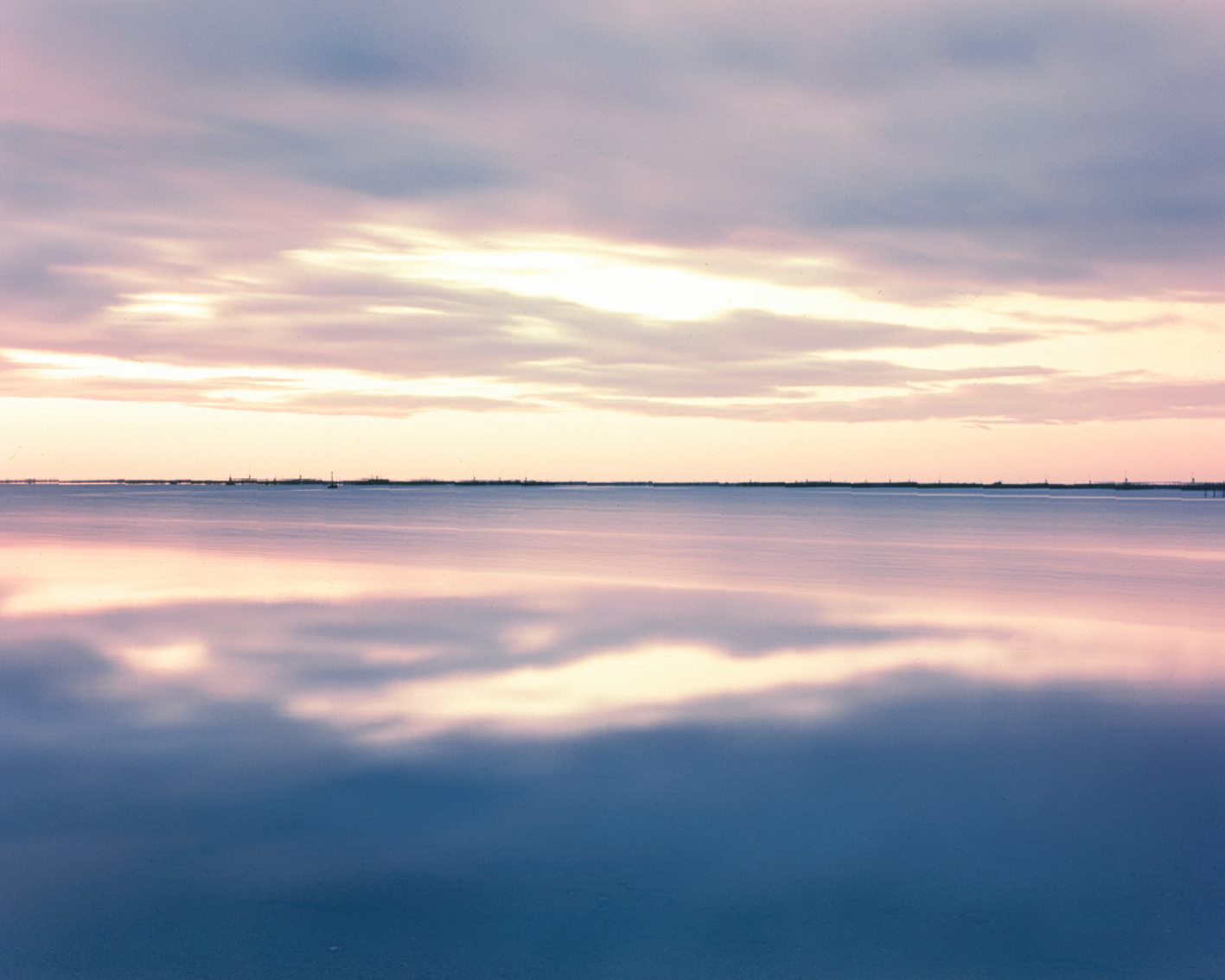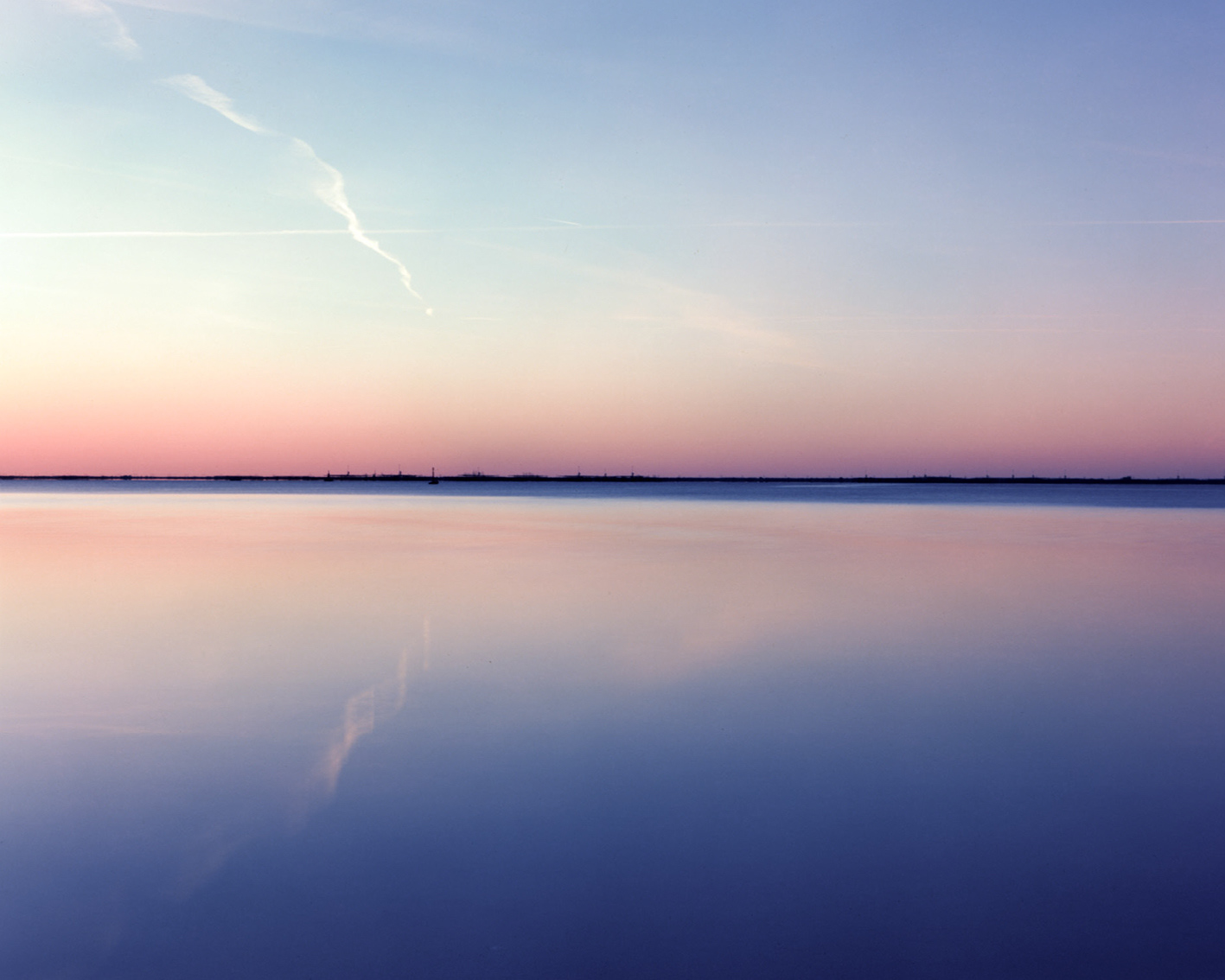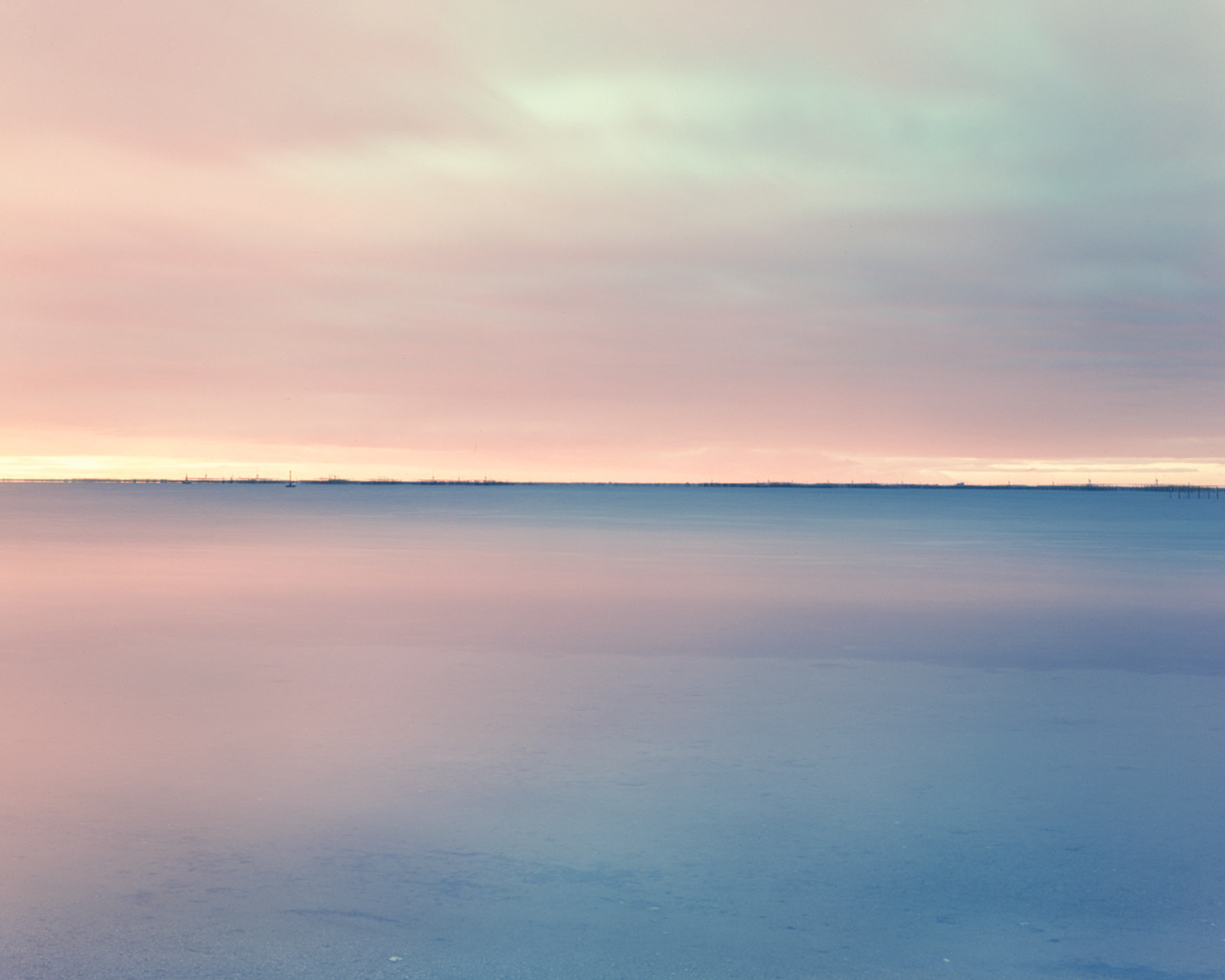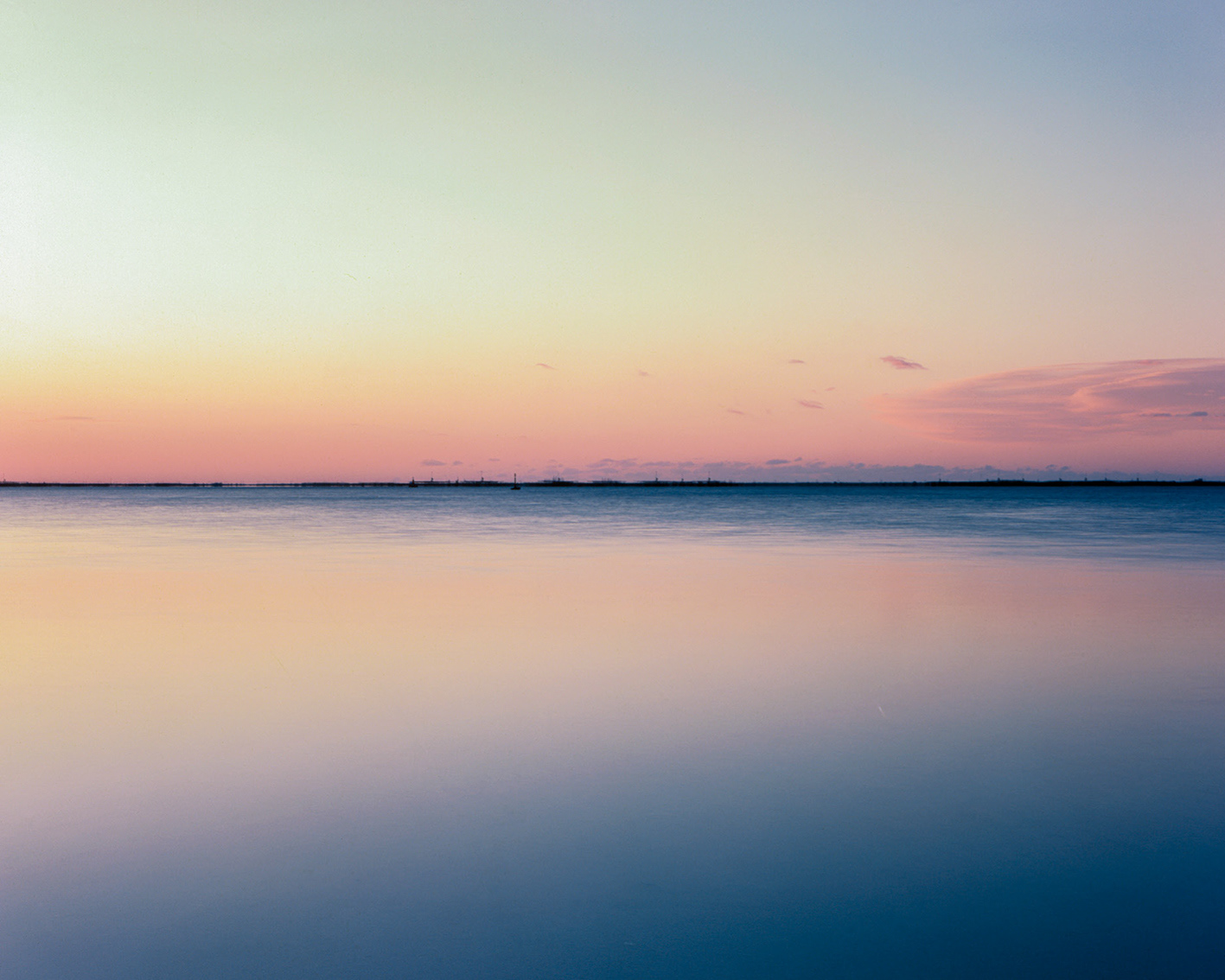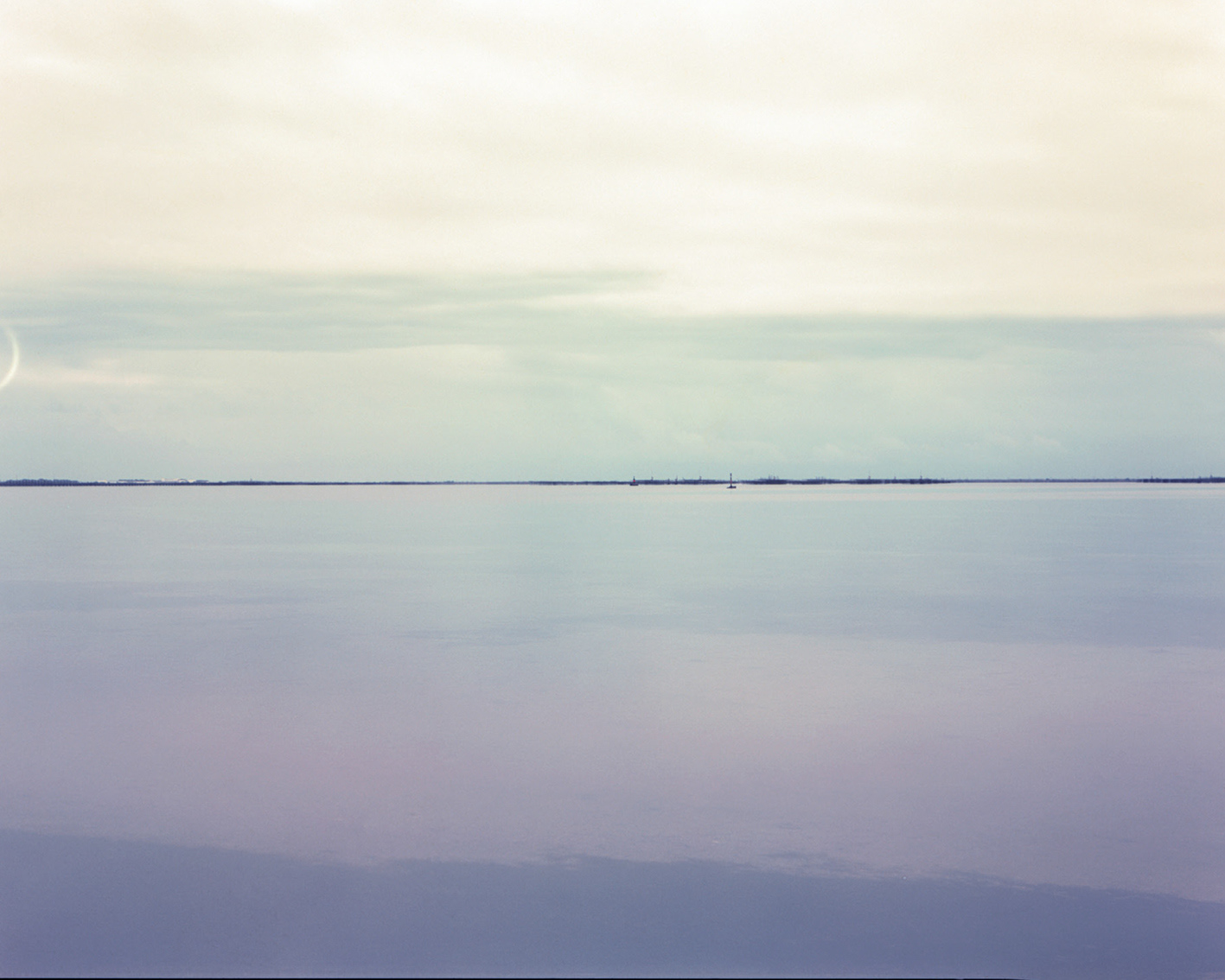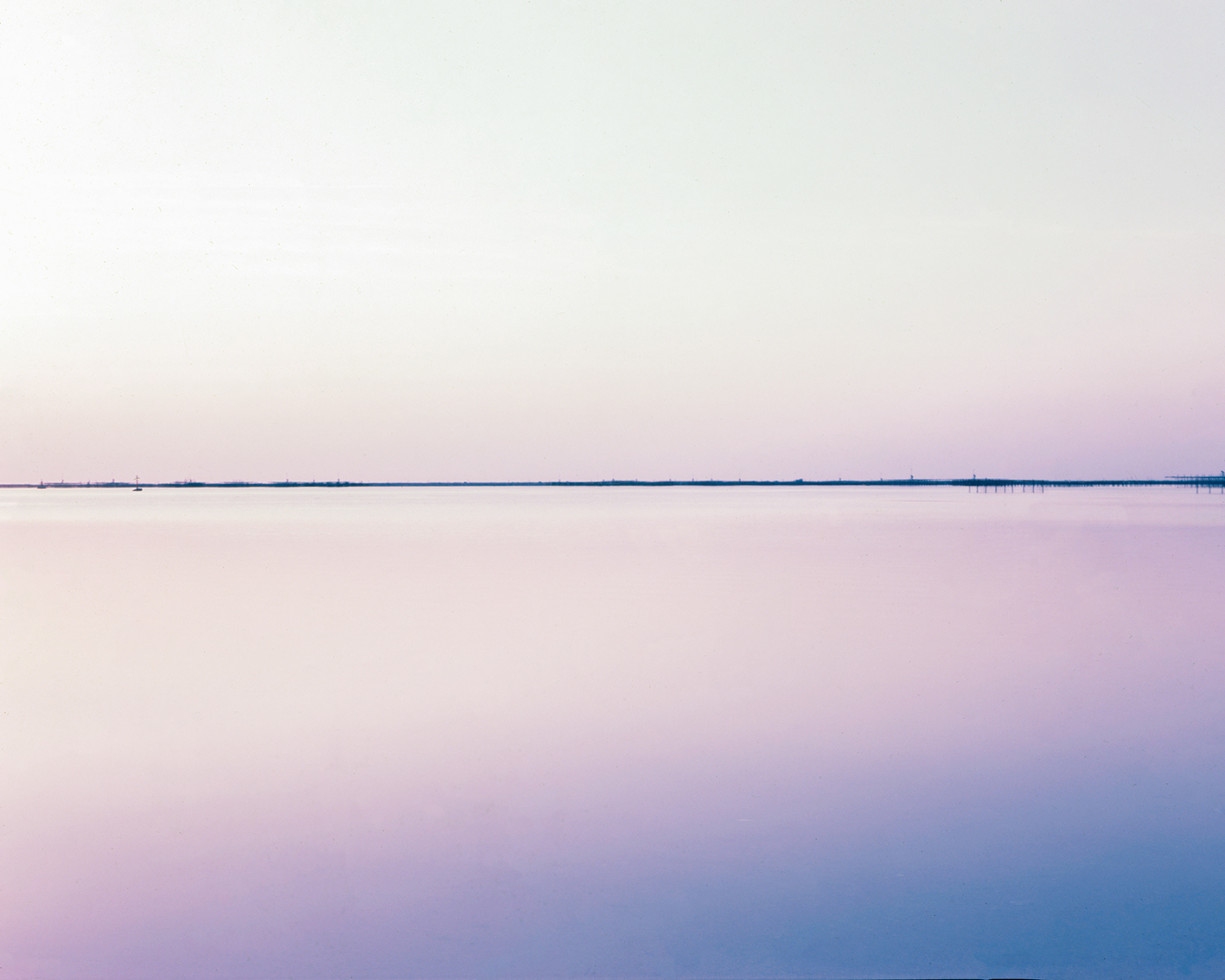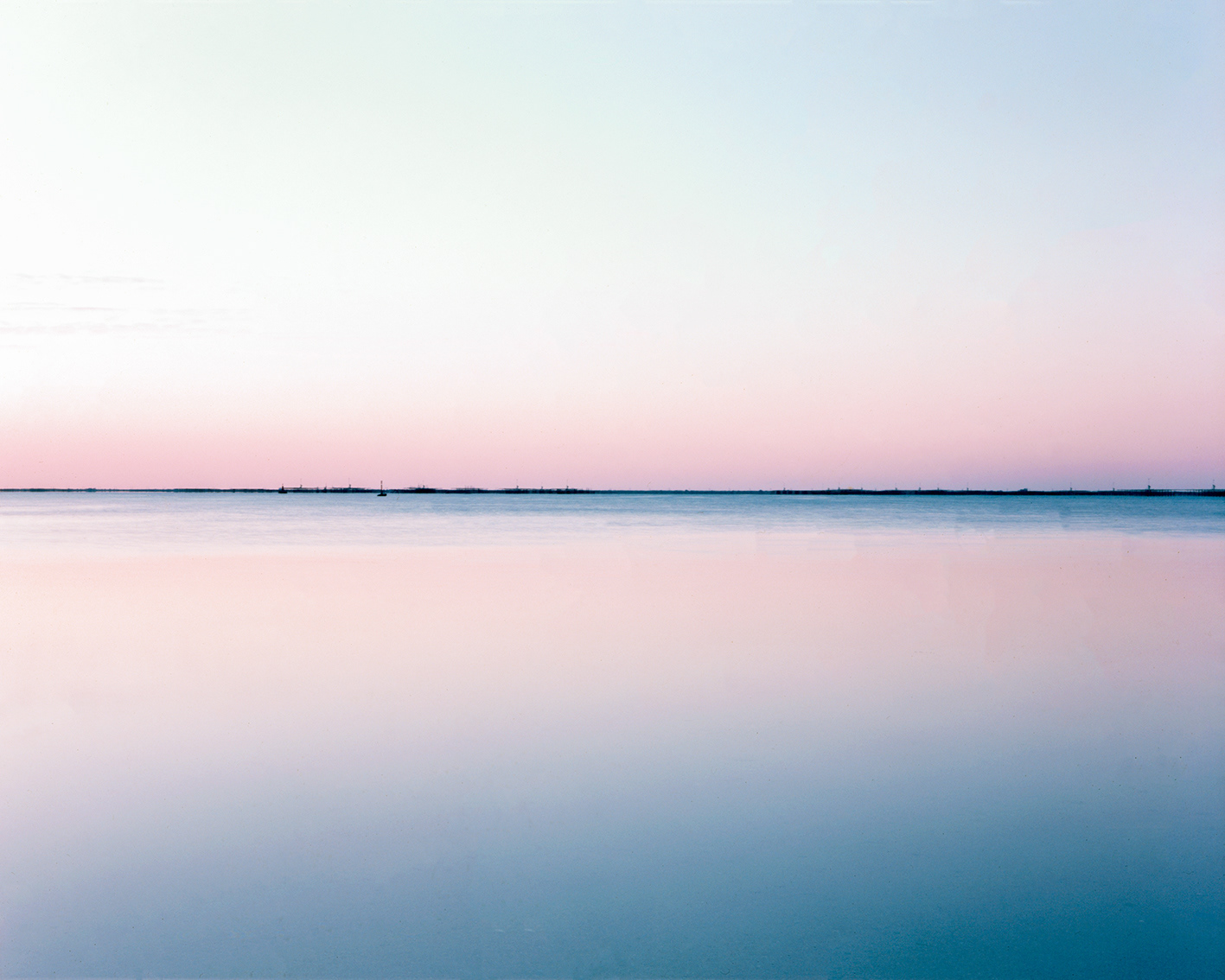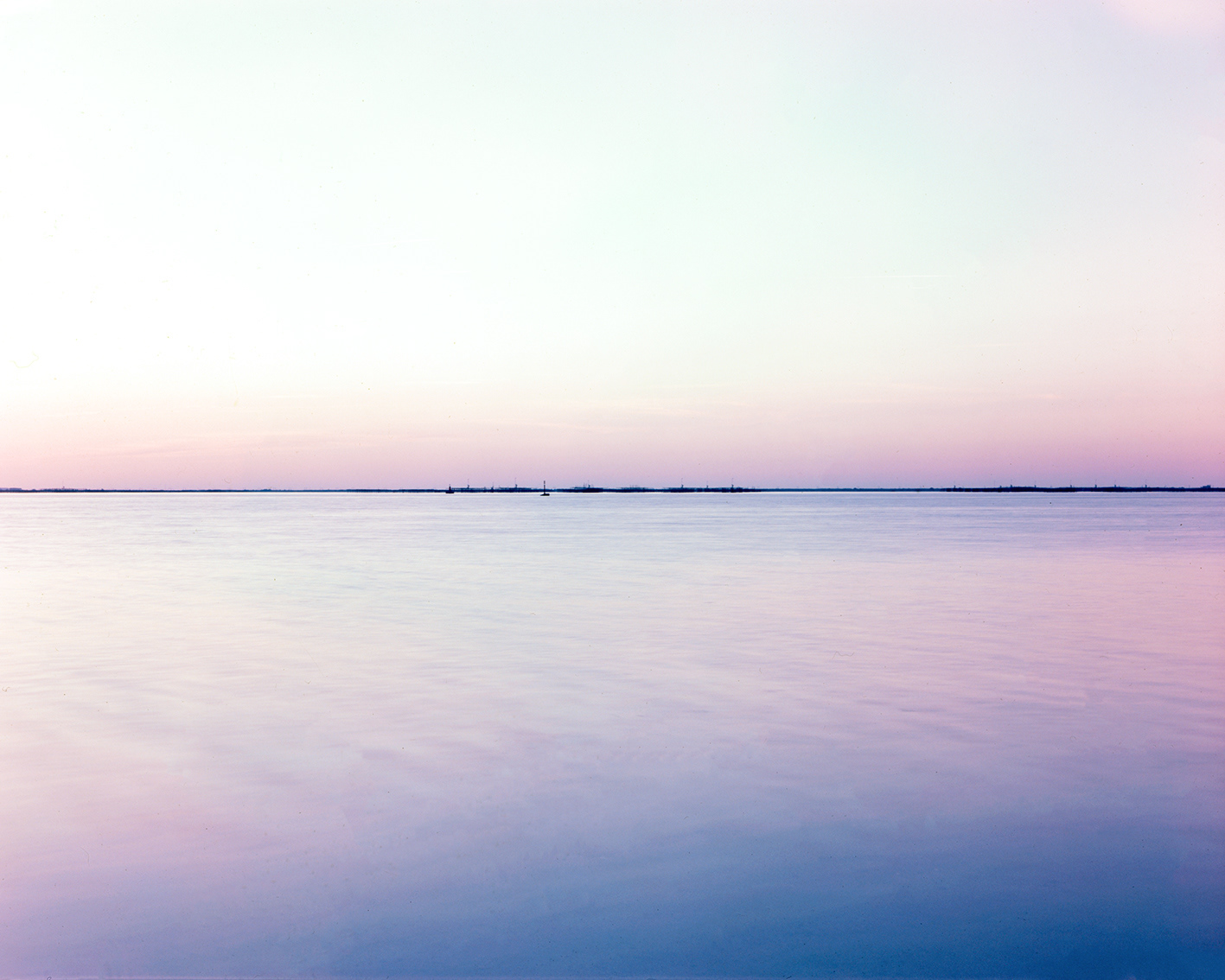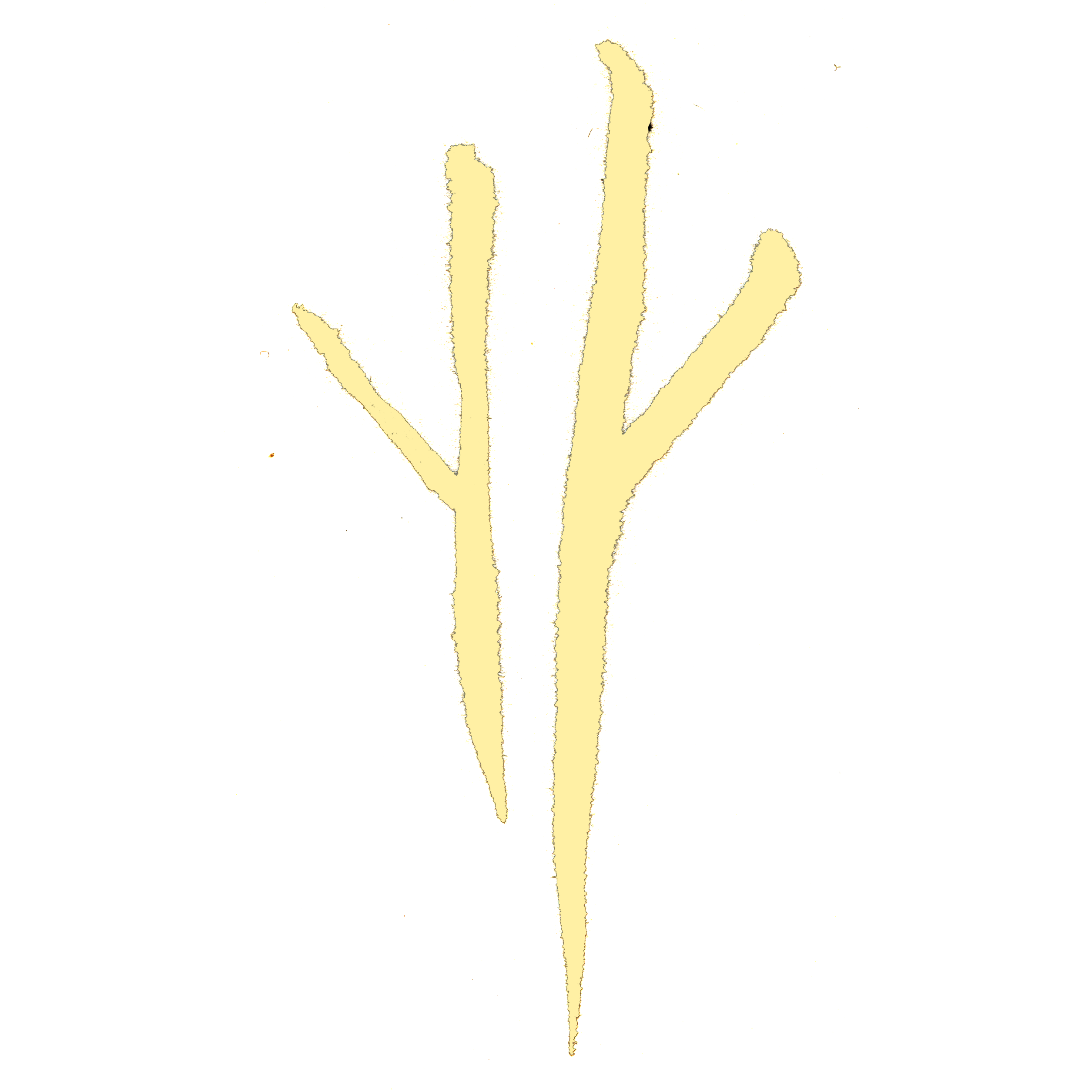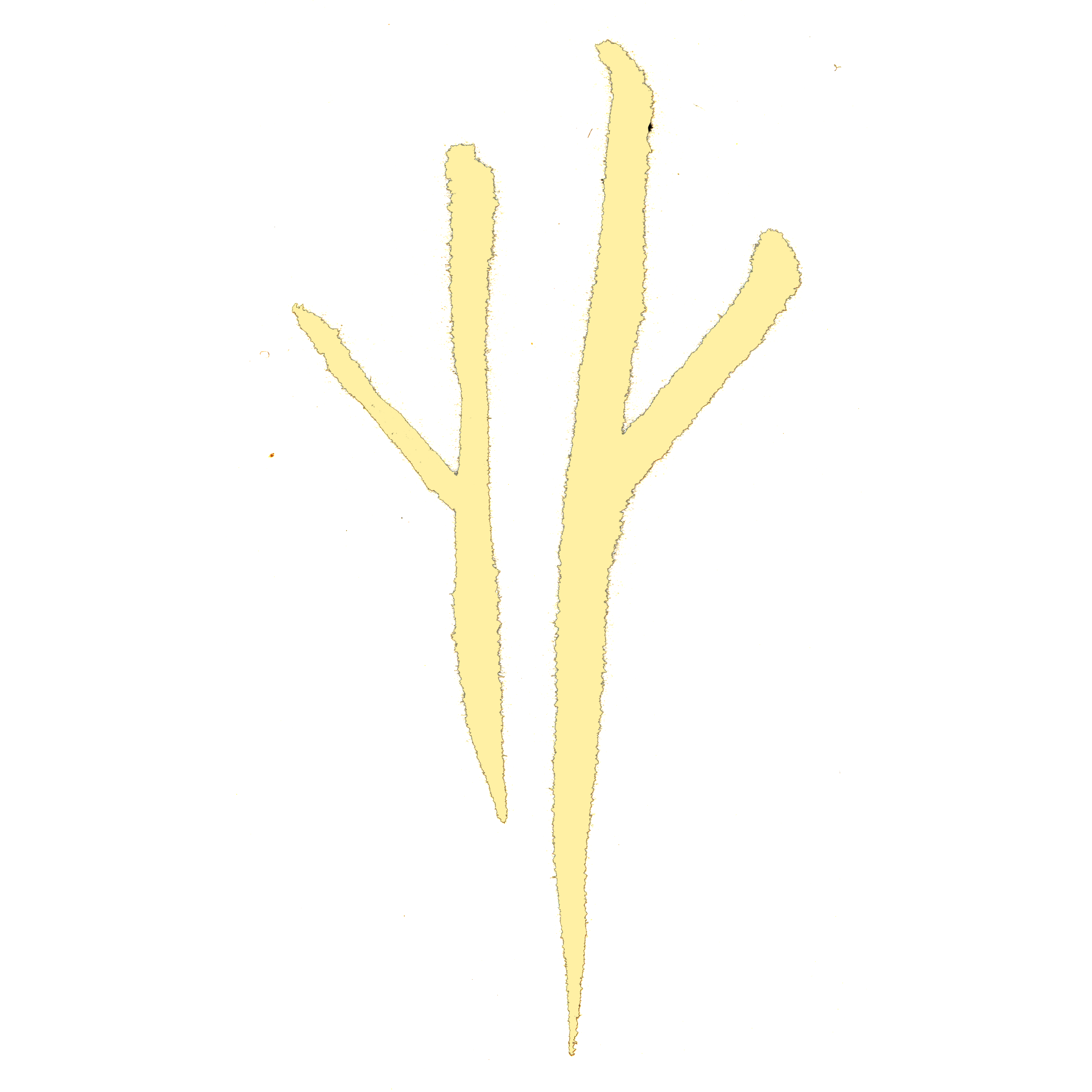Eveil
Ce travail a été réalisé en 2024 lors d’une résidence au Madlab, à Marseillan.
J’ai grandi sur l’étang de Thau, à Sète, de l’autre côté du rivage visible sur ces images. Ma maison d’enfance se trouvait à cinquante mètres de l’eau. Ce paysage, familier dans mon enfance, m’apparaît aujourd’hui différemment.
L’étang est un lieu de calme et de silence. L’eau y repose, la lumière et les nuages s’y accrochent. À l’horizon, la ligne de terre reliant Sète au continent m’évoque notre place dans le monde.
Chaque matin de la résidence au Madlab, je me suis levé au lever du soleil pour photographier l’étang depuis le même point de vue, en utilisant le temps de pose le plus long possible. Ce protocole simple inscrit le travail dans une triple dimension : physique, métaphorique et spirituelle.
Ces photographies sont à la fois allégoriques — elles portent une idée ; naturelles — elles captent un lieu concret ; et symboliques — elles me reflètent, dans la lignée des paysages romantiques. Par ce geste répété, je pose une question : qu’est-ce que l’éveil ? C’est à la fois l’expérience quotidienne du réveil et l’éveil spirituel, tel que le désigne la pensée bouddhiste. Observer l’éveil du monde, c’est interroger ma relation à lui. La série pourrait porter en sous-titre : « Les nuages passent, l’eau s’écoule ». Ce dicton zen exprime l’impermanence et la transformation perpétuelle. Il fait écho au terme Unsui (雲水), « nuage-eau », qui désigne un jeune moine zen en pèlerinage.
Inspiré par Turner, Monet ou encore Sugimoto, ce travail est aussi un hommage à la lumière. Ici, la lumière est en constante transformation.
La photographie ne reproduit plus le réel : elle enregistre une évolution et devient un motif. Chaque image est un fragment de la vie d’un paysage, une invitation à la présence et à la pleine conscience.
La photographie ne reproduit plus le réel : elle enregistre une évolution et devient un motif. Chaque image est un fragment de la vie d’un paysage, une invitation à la présence et à la pleine conscience.
